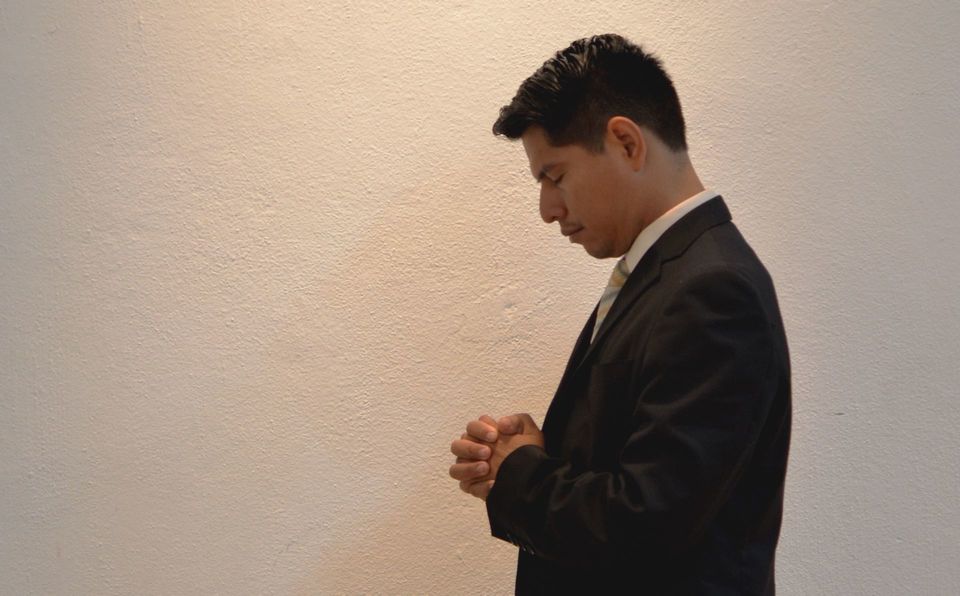Resolving Conflicts: Be Prayerful
We’ve been looking at instructions from Ephesians 4 on resolving conflict; former posts discussed
being honest
and
being angry. Today I’d like to introduce a concept not explicitly shared in this passage (see Paul’s injunction in
Philippians 4:6
soon after pleading with two women to reconcile their differences) but appropriate to the topic at hand. In fact,
being prayerful
should be the overall guiding principle with all these
beatitudes
on resolving conflict. Each situation is unique and requires prayer—wisdom from above.
First, consider David’s prayer in Psalm 139:
“Search me, O God, and know my heart; test me and know my anxious thoughts. See if there is any offensive way in me, and lead me in the way everlasting”
(vs. 23-24). The Holy Spirit gives us a balanced perspective on problems. Our human tendency is to cast blame on others and to deny personal guilt. In prayer, we begin to ask probing questions: “God, am I being unreasonable or selfish or insensitive here? Am I aggravating the situation? Am I yielding to sin?”
Second, when people pray, God often does miracles. It may be the miracle of changed hearts and the solution to a difficult problem, or it may simply be the miracle of giving me a new perspective on the issue.
Third, when people pray, lives are changed and hearts are softened. Consider that it may be my heart that needs to soften first.
Fourth, when people pray, pointing fingers change direction. Rather than blaming the other person for the offense, I begin to look inward toward my lack of forgiveness, perspective, or love for the offender.
Fifth, when people pray, problems shrink. It’s amazing how prayer can dial down the angst in my spirit, the strong feelings of injustice, or the seemingly insurmountable problems. Prayer focuses my attention on the
Great I AM
!
Finally, when people pray, conflicts sometimes disappear.















